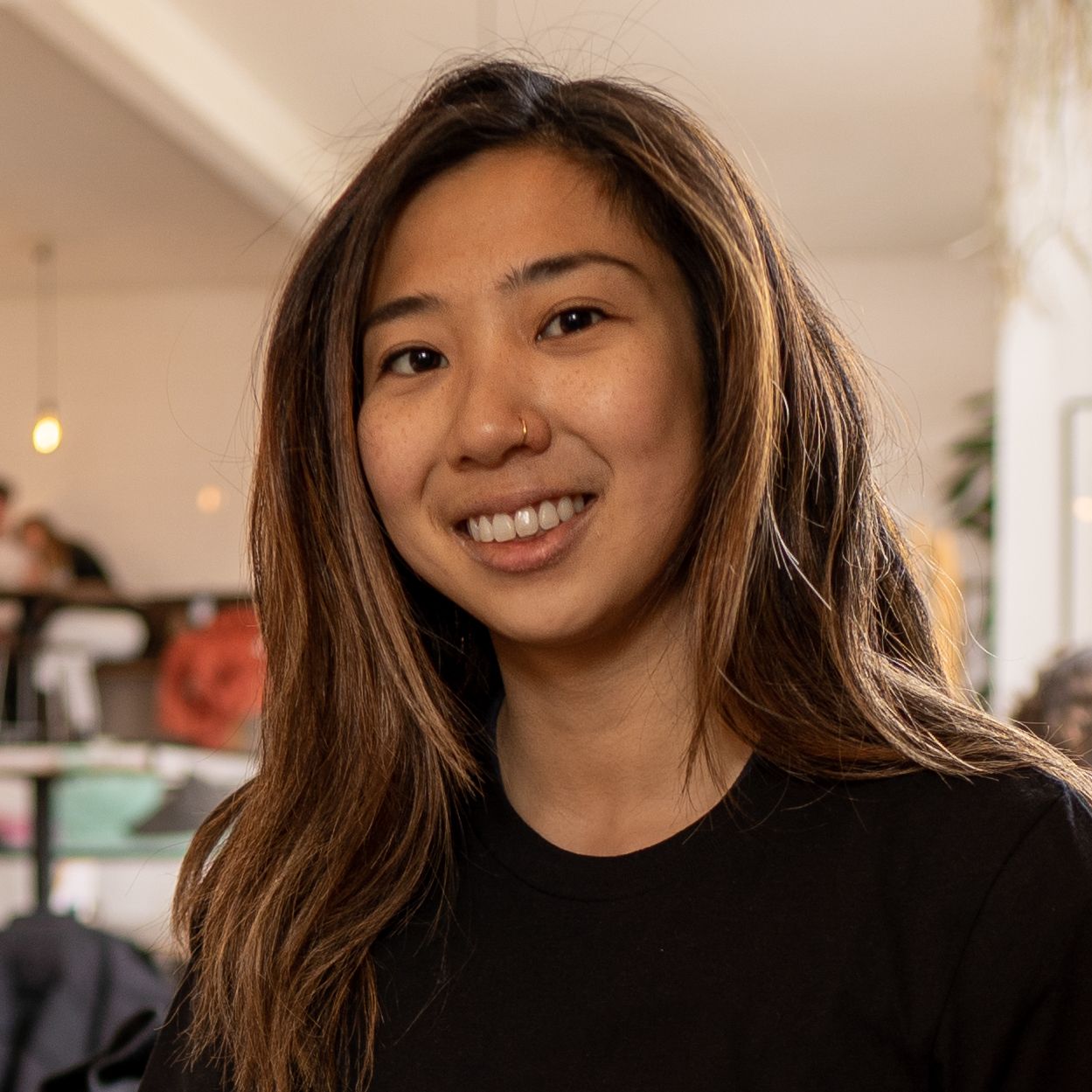438 reads
Blurring The Lines of Realism: Vancouver's First Outdoor Augmented Reality Art Gallery
by
March 2nd, 2021

Your Hacker Noon Editor & Pod Host. I'm also a businesswoman, diversity advocate, and dog lover ✌️
About Author
Your Hacker Noon Editor & Pod Host. I'm also a businesswoman, diversity advocate, and dog lover ✌️
